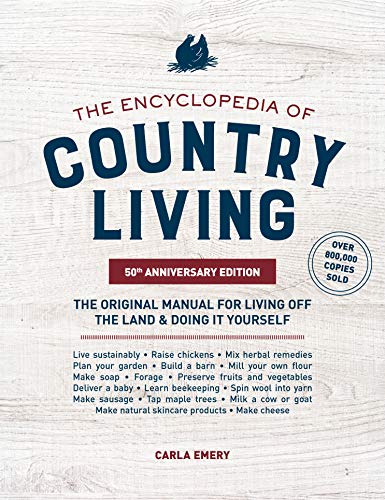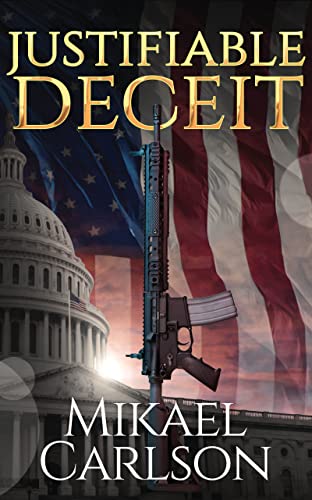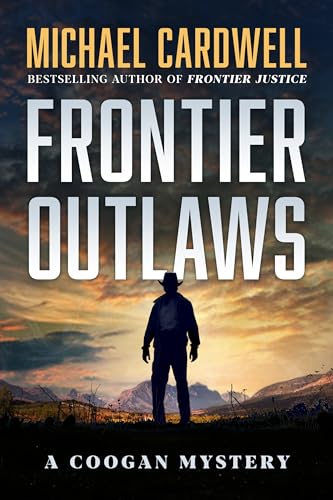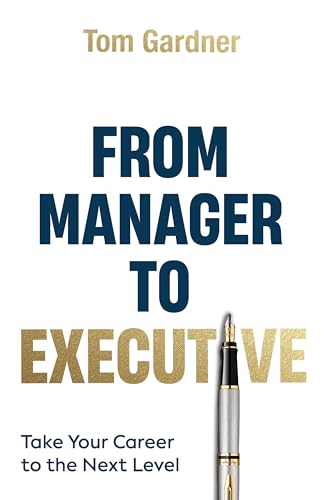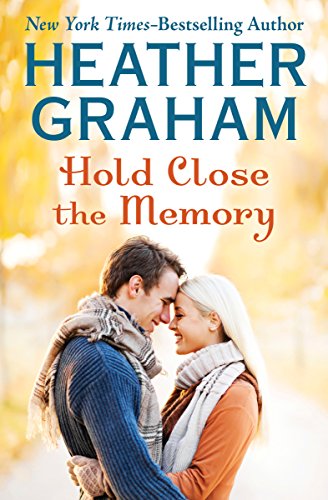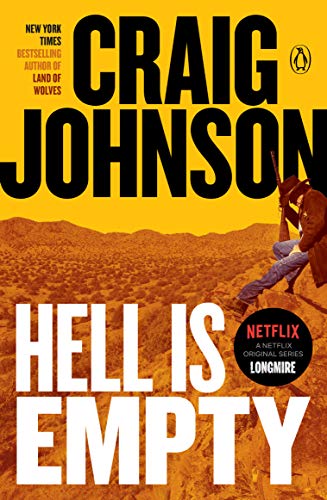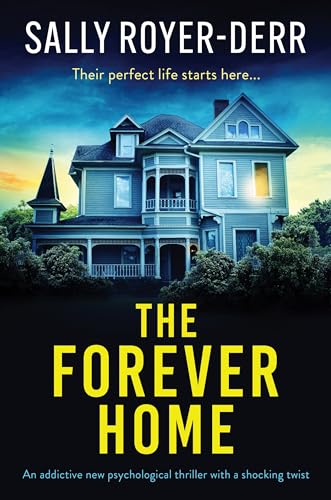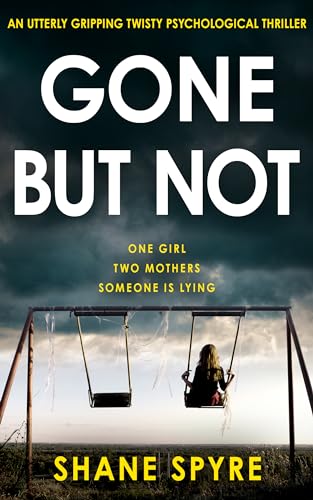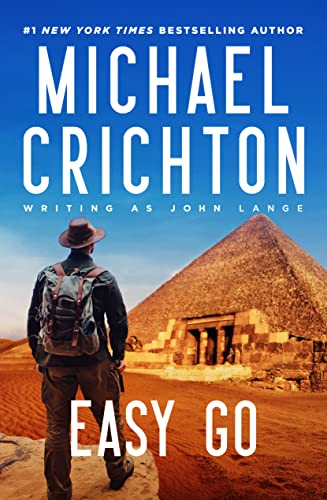By Stephen Windwalker
Originally posted April 20, 2010
Ur, Er, Play Ball!
Stephen King has served up a nice fat pitch for Kindle owners to hit out of the park with what appears for now to be the Kindle-only publication of a macabre new novella with a baseball backdrop, and the details of the release — discussed below — are likely to create serious buzz among readers, authors, publishers, and retailers. (Update: Blockade Billy is beginning to turn up at various prices at other ebook venues including Sony and B&N, but is still unavailable at the iBooks Store).
Kindle owners may remember Mr. King, a novelist who makes his home in Bangor, Maine, but spends many hours each Spring, Summer, and Fall in a pretty good seat at Boston’s Fenway Park. A little over 14 months ago King traveled to New York to appear on stage with Jeff Bezos for the launching event of the Kindle 2 and of Ur, a novella that featured excellent product placement for a Kindle that was, perhaps to some tastes, pretty in pink.
Later in 2009, Kindle-packing King fans were disappointed when King’s bestseller Under the Dome was one of the first books to be “windowed,” i.e., withheld in ebook format to give its hardcover launch a better chance. Today’s announcement of the Kindle availability of Blockade Billy, five weeks ahead of the book’s scheduled May 25 hardcover release, suggests an instance of reverse windowing that is unlikely to be upsetting to Kindle readers.
It appears that King has bifurcated or trifurcated his negotiation of book contracts for Blockade Billy, and published the Kindle edition under his own Storyville imprint, for which the only other Kindle publication has been Ur. Amazon has, at this point, discounted Blockade Billy‘s hardcover pre-order price
by 33% from $14.99 to $10.11, and set a Kindle price of $7.99. Amazon’s product pages for the novella show Storyville as the Kindle-format publisher, no publisher line for the forthcoming hardcover, and Simon & Schuster as the publisher for a forthcoming audio CD release, scheduled for May 25 at a price of $19.99
.
In addition to the discounted hardcover, Amazon’s news release and its website reference a limited edition hardcover that may have already sold out at a $25 price from tiny Maryland-based horror publisher Cemetery Dance Publications, with illustrations by Alex McVey. The product page for the Kindle edition shows that the Kindle’s text-to-speech feature is enabled for Blockade Billy.
Under the Dome, one of the books at the center of a price war between Amazon and some big-box retailers last fall, was widely discounted then to prices below $10 in both its hardcover and ebook formats. Its Kindle edition is currently priced at $16.99 under the agency model, with a hardcover price discounted from $35 to $20 and paperback pre-orders discounted from $19.99 to $13.99 ahead of their July 6 release.
Your humble reporter’s initial research indicates that, as of 9 a.m. April 20, 2010, Blockade Billy is not available in Apple’s iBooks Store. That could change at any time, and Amazon’s news release does not refer to the novella as a Kindle exclusive. (Update: Blockade Billy is beginning to turn up at various prices at other ebook venues including Sony and B&N, but is still unavailable at the iBooks Store).
However, as long as Blockade Billy effectively remains a Kindle exclusive, not only is it likely to help Amazon sell Kindles but, just as importantly, it is likely that to drive iPad owners to the Kindle for iPad app and increase public awareness that the Kindle Store provides iPad owners with a free catalog-rich, convenient “No Kindle Required” reading environment.
Here’s the guts of today’s news release from Amazon:
Bestselling and Iconic Author Stephen King Publishes New Novella “Blockade Billy,” Available in the Kindle Store
Kindle customers can now download Stephen King’s “Blockade Billy” and begin reading in under 60 seconds SEATTLE, Apr 20, 2010 (BUSINESS WIRE) –Amazon.com (NASDAQ:AMZN) today announced that the new novella by bestselling author Stephen King, “Blockade Billy,” is now available in Amazon’s Kindle Store (www.amazon.com/kindlestore) for $7.99. The Kindle Store now includes over 480,000 books and the largest selection of the most popular books people want to read, including New York TimesBestsellersand New Releases. Over 1.8 million free, out-of-copyright, pre-1923 books are also available to read on Kindle, including titles such as “The Adventures of Sherlock Holmes,” “Pride and Prejudice” and “Treasure Island.”
“We’re excited to be able to offer our customers Stephen King’s new novella in the Kindle Store, especially after seeing customer enthusiasm for King’s Kindle-exclusive novella ‘UR,'” said Melissa Kirmayer, Director, Kindle Content. “‘Blockade Billy,’ a shorter format book with a limited physical print run, is not only a great example of the publishing freedom Kindle allows writers, but also the rich content Kindle customers can find in the Kindle Store.”
“Blockade Billy” tells the story of William “Blockade Billy” Blakely. He may have been the greatest baseball player the game has ever seen, but today no one remembers his name. He was the first–and only–player to have his existence completely removed from the record books. Even his team is long forgotten, barely a footnote in the game’s history. Blockade Billy has a secret darker than any pill or injection that might cause a scandal in sports today. His secret was much, much worse… and only Stephen King can reveal the truth to the world, once and for all. Publishers Weekly writes of the book: “As King’s fiction goes . . . a deftly executed suicide squeeze, with sharp spikes hoisted high and aimed at the jugular on the slide home.”
The Kindle edition of “Blockade Billy” features both the cover illustration by Glen Orbik and the interior artwork of Alex McVey from the limited-edition hardcover published by Cemetery Dance Publications.
Stephen King has written more than 40 books, including “Misery,” “The Green Mile,” “Cujo,” “IT” and “Carrie.” He is the winner of numerous awards, including the Bram Stoker Award, O. Henry Award, Horror Guild Award and was the 2003 recipient of the National Book Foundation’s Medal for Distinguished Contribution to American Letters.
“Kindle is a great way for authors to make different lengths of their writing available and to reach diverse audiences with their work,” said Stephen King. “I’m excited to be able to offer ‘Blockade Billy’ in the Kindle Store.”
Kindle is in stock and available for immediate shipment today at www.amazon.com/kindle.

